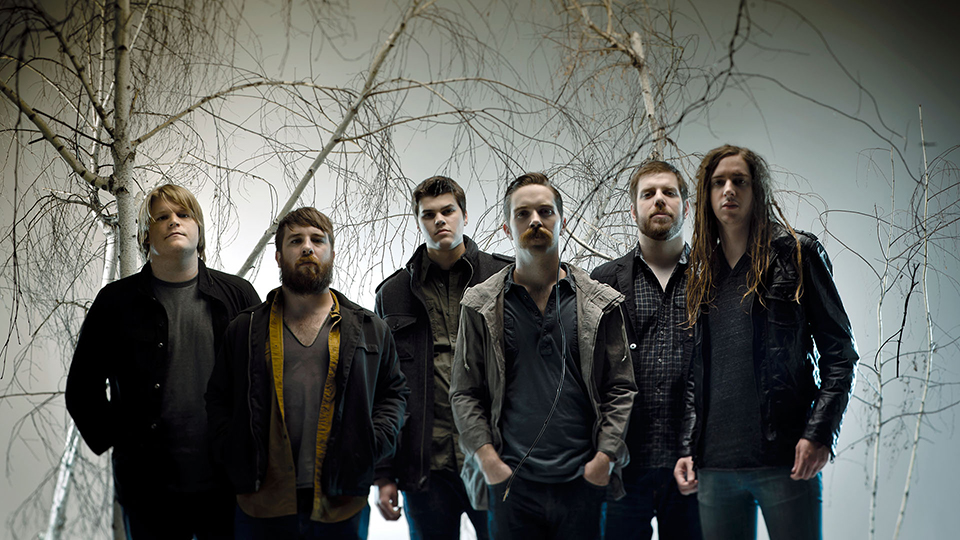Other than exceptions like Gungor and Kings Kaleidoscope, few bands within the Christian market have been able to come up with at least a semi-original artistic statement people can get behind. It becomes hard to remember a time when Christian bands released some of the most forward-thinking and courageous music, even though said time only spans back a decade.
Bold artistic statements
When discussing the Christian music that blew up in the early 2000s, one’s attention eventually centers around one record label — Tooth & Nail records. While many Christian artists began thriving on mainstream labels during this time — like Switchfoot on Vanguard Records after stints with Columbia and Sony — what really separated the scene remains how established Christian labels signed bands with bold artistic statements. Each of the labels listed earlier have put out music still remembered to this day for its originality.
Tooth & Nail, more than any other Christian label, continues a reputation for releasing a startling reservoir of groundbreaking and enduring memorable music, some of the more obvious examples being synth-heavy emocore legends Showbread, skate punk mainstays MxPx and the beloved post-hardcore trailblazers Underoath. These bands’ recognizable stylistic brand separates them and many other bands on the label’s roster. Listening to Underoath’s 2006 magnum opus “Define The Great Line” does not fall into the the dreaded “Christian alternative to this secular band” stigma the Christian market in general has acquired. It sounds like Underoath. Underoath clones exist, but the style this band found has become too iconic for anyone to compare with a preexisting band.
A great divide
In a more secularized environment, the reggae-infused rapcore of San Diego’s P.O.D. — short for Payable on Death — has gained a reputation for their distinctive style. Whether one likes or hates them, no one else combined the nu metal style that exploded during the late ‘90s and reached its commercial peak in the early ‘00s with a rastafarian aura. This willingness to put themselves out there artistically as well as spiritually has allowed them to have a massive impact on the mainstream rock and metal community through extensive coverage on MTV and playing established music festivals outside of Fish Fest and Cornerstone Festival. Sonny Sandoval, the singer of the band, is actually on track to receive the Briner Impact Award at the Biola Media Conference during a ceremony happening on April 29, 2017.
Since this noticeable explosion in innovation within the Christian music scene, a massive divide has formed between secular bands and their Christian counterparts. Christian bands often become limited to playing churches and religious events, whereas Christians in bands or bands with Christian members have an increasingly hard time saving face in the market. Most people do not think about Twenty One Pilots’ religious undercurrents, while bands like Zao have gotten heat from both their Christian and secular fan bases. The dicy relationship musicians like Dave Mustaine have with the general public due to their conversion illustrates how difficult it can become for an artist to maintain their public stance after coming to the Lord.
While the amount of new bands coming out with interesting music while also speaking out about their faith might seem running dry, the gospel resurgence in the hip-hop community might represent the perfect opportunity for Christian music to break out of the box it put itself in. The tail end of the 2010’s could see a potent rise in Christian art, but that will require a band to take the helm.







